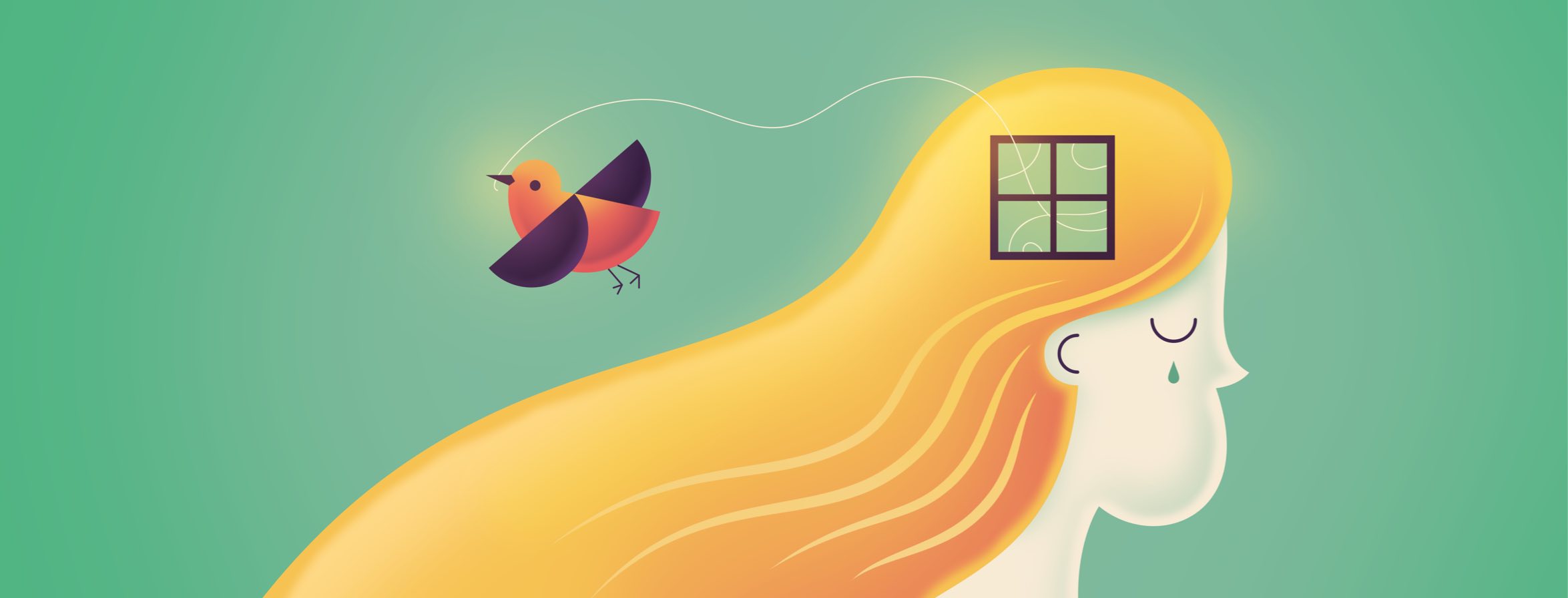Chronic Migraine and Mental Health
I previously wrote an article titled Chronic Migraine Effects on the State of Mental Health. The article focused on the depression, stress, and isolation due to chronic migraine. A few individuals who commented on the other article asked for tips or ways to help deal with the elements mentioned in that article.
The isolation of chronic migraine
Chronic migraine can most definitely create a sense of isolation and possible depression due to the symptoms associated with a migraine; including but not limited to issues such as sensitivity to light, sensitivity to sound, and the sensitivity to smells.
Support systems remind us we're not alone
Having a good support system is important for individuals with chronic migraine. A good support system or support group can help individuals realize they are not alone in their struggles to find pain relief. Without a support system it is easy to feel isolated and become depressed. Some cities have in-person support systems but there are many ways to find online support through our webpage and various Facebook support groups. If you are unable to leave your house, you are still able to find online support groups.
Openly communicate with caregivers and family
Another important aspect is to maintain an open line of communication between those with chronic migraine and the caregivers and/or family. This can really help everyone involved feel more understood and respected. This helps the caregiver and/or family members from feeling resentful for any reason and the person with migraine from feeling like they are alone in the situation or worse yet like a burden to everybody else. It is hard enough to not feel like a burden when you are in chronic pain, much less when everybody is acting mad for various, often unnecessary, reasons.
Knowing and respecting your limits
The "Spoon Theory" – reminds you we really need to know your limits and not push yourself beyond your ability. If you do, you will definitely regret it later. Everybody needs help getting things done, healthy and not so healthy alike. Learn to ask for help when you need it. This can be SO hard for some of us but it is very important that we do not overdo it. By pushing through the pain and symptoms we can encounter that glass wall which can easily land us in bed or in the hospital for days on end.
Asking for help - everyone needs to at one point
Remember there are no Super Humans. Even without a chronic medical condition, you could not do everything on your own. Do not expect to be able to do everything all at once while dealing with chronic illnesses. Be open and honest with the individuals around you and explain to them that you need help maintaining the house or whatever it may be. I learned this lesson from my mother and she was not sick, simply tired of being expected to do everything. She said super woman has crashed into a building and died! As funny as it may sound, it most definitely it applies to us!
Managing stress
Another important aspect is to manage your stress. Try to find hobbies or other ways to take your mind of your health condition and any other daily stressors. Distraction is actually a coping mechanism, so find something you can do even if you are not feeling 100%. Some people have said they watch certain tv shows, read books, and listen to music or podcasts.
I know at times things can seem scary or impossible, but there really are ways to combat the chronic migraine effects on mental health.
Do you have more suggestions for others who are struggling?

Join the conversation